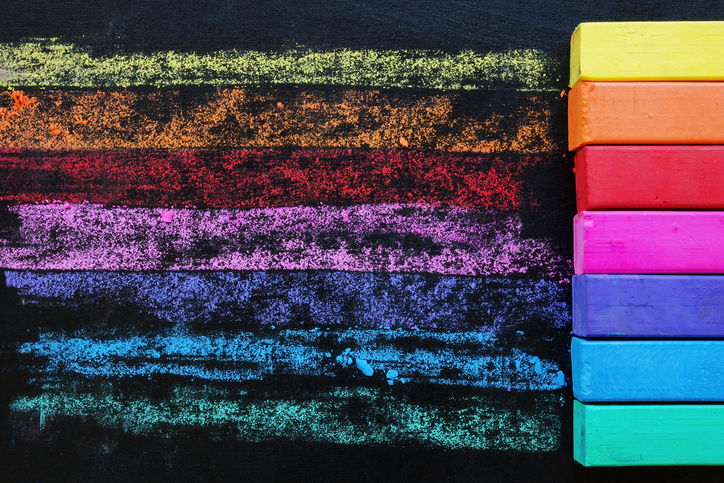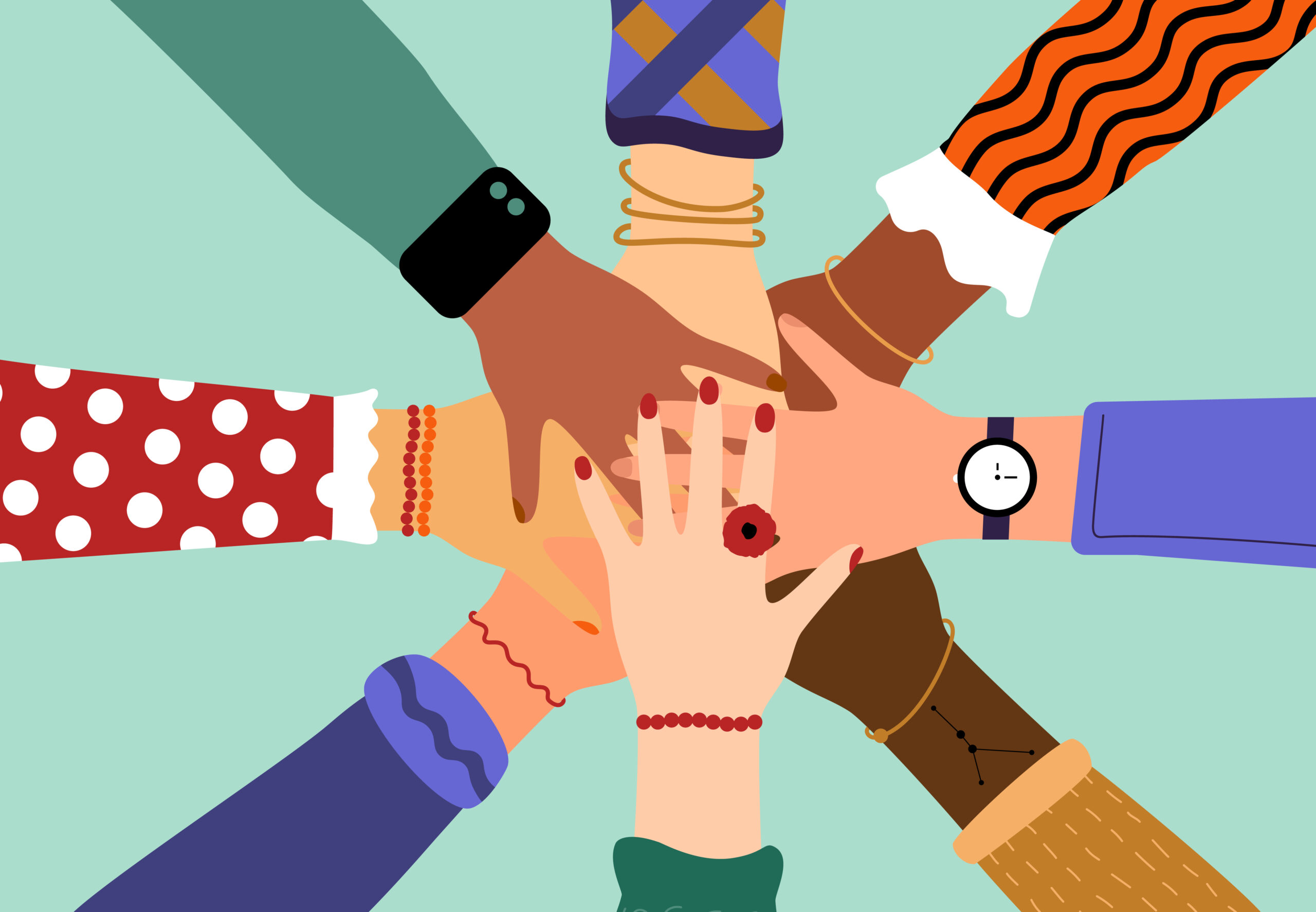Tag: Creative Industry

Defending Democracy with Humor and Dilemma Actions Tactics
Successful broad-based, pro-democracy fronts often rely on a range of tactics and strategies to engage more people in their cause. One particularly powerful approach is the use of dilemma actions,...

Resources on Art, Cultural Work & Inclusive Democracy
Artistic and cultural processes are uniquely well-suited to address our current challenges of democratic decline and rising authoritarianism because they engage us cognitively, emotionally, sensorily, and, in some cases, spiritually....

Facilitating and Training in Cross-Sector Movements: Turbo-Charging Efforts for Coordination and Collaboration
On September 14, 2022, The Horizons Project hosted a webinar to bring together movement trainers, facilitators, and organizers to discuss the current state of movement-building support in the US and...
